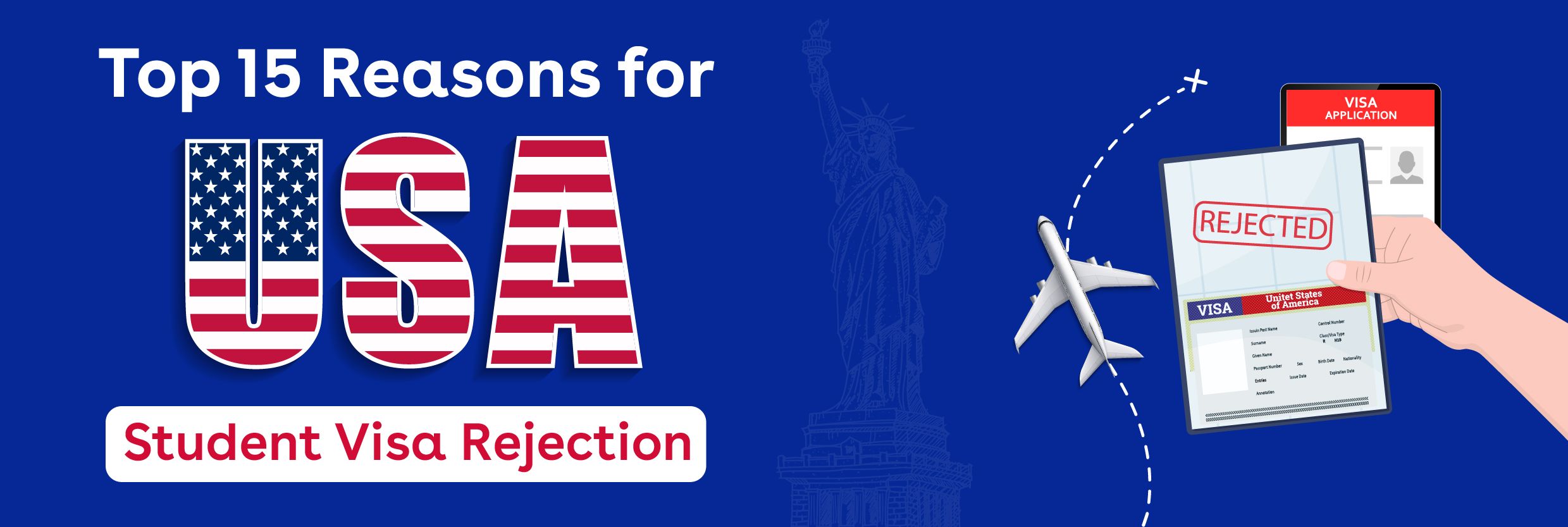Studying in the United States provides world-class education, diverse academic opportunities, and global recognition that enhance the career prospects of every individual. But, a valid student visa is required for foreign students to study in USA. Notably, this legal permission allows transitory visitors to stay while they pursue their educational programmes in the U.S. A student must submit the required documents, finish the visa application process, and appear for a visa interview at the American embassy or consulate in his/her country of residence in order to obtain a student visa.
Table of Content
